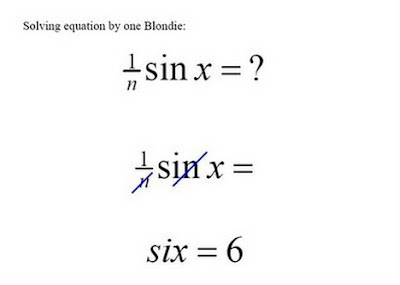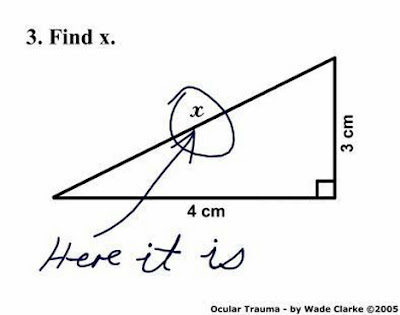Silk
Well-Known Member
There's no need for brackets except to alter the normal flow of BIDMAS/BODMAS.
Ie. 2 * 2 + 2 = 6
Bracketing it to (2 * 2) + 2 = 6
is horribly pointless, as it doesn't alter the end result, as it's still completed in the order you would have solved in anyway.
.
I was talking from a programmer's POV.
Code readability is a big thing, we don't need the added hassle of working out the BODMAS flow; brackets make it so much easier to work out the flow.
Your example is quite a simple one.. but now try to reverse engineer a 6-step equation without brackets. And also, the number of times programmers get it WRONG because they don't know BODMAS, resulting in logic errors.. tsk.
Brackets all the way, whether "needed" or not. They are a belt and bracers approach to algorithms. They make algorithms easier to read. There is no excuse not to use them.
Long story short it's good practise in the programming world, and I would assume it makes maths easier to follow as well.












